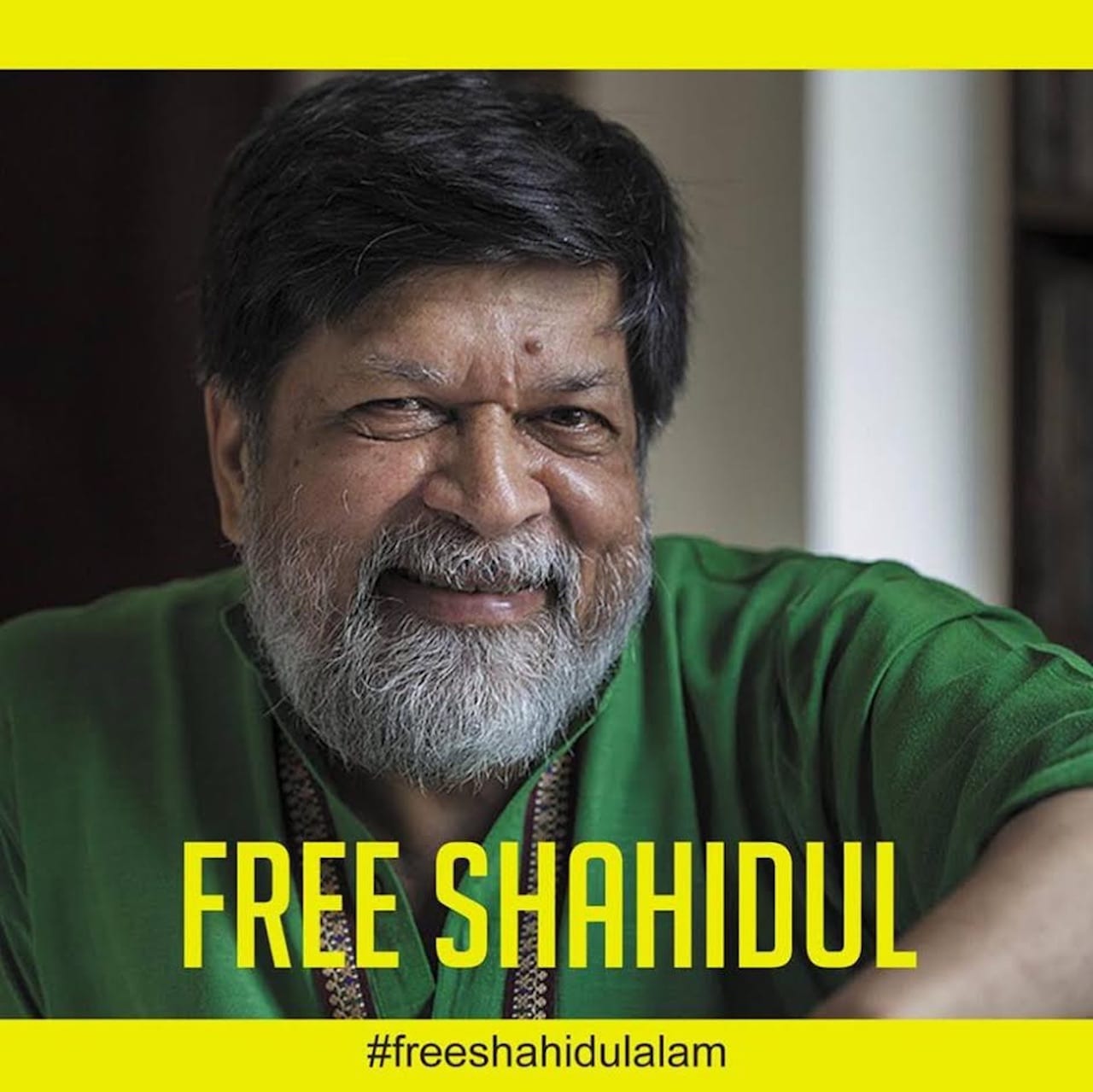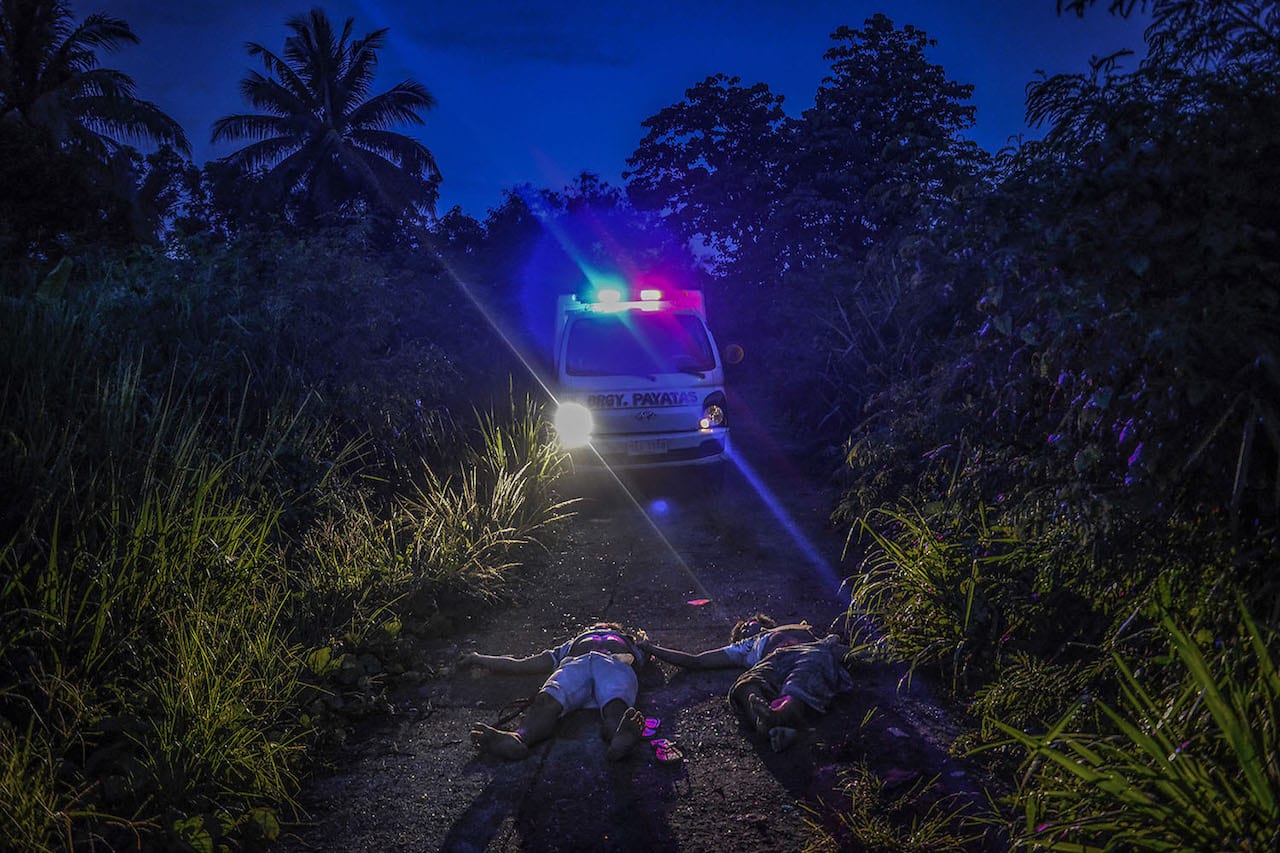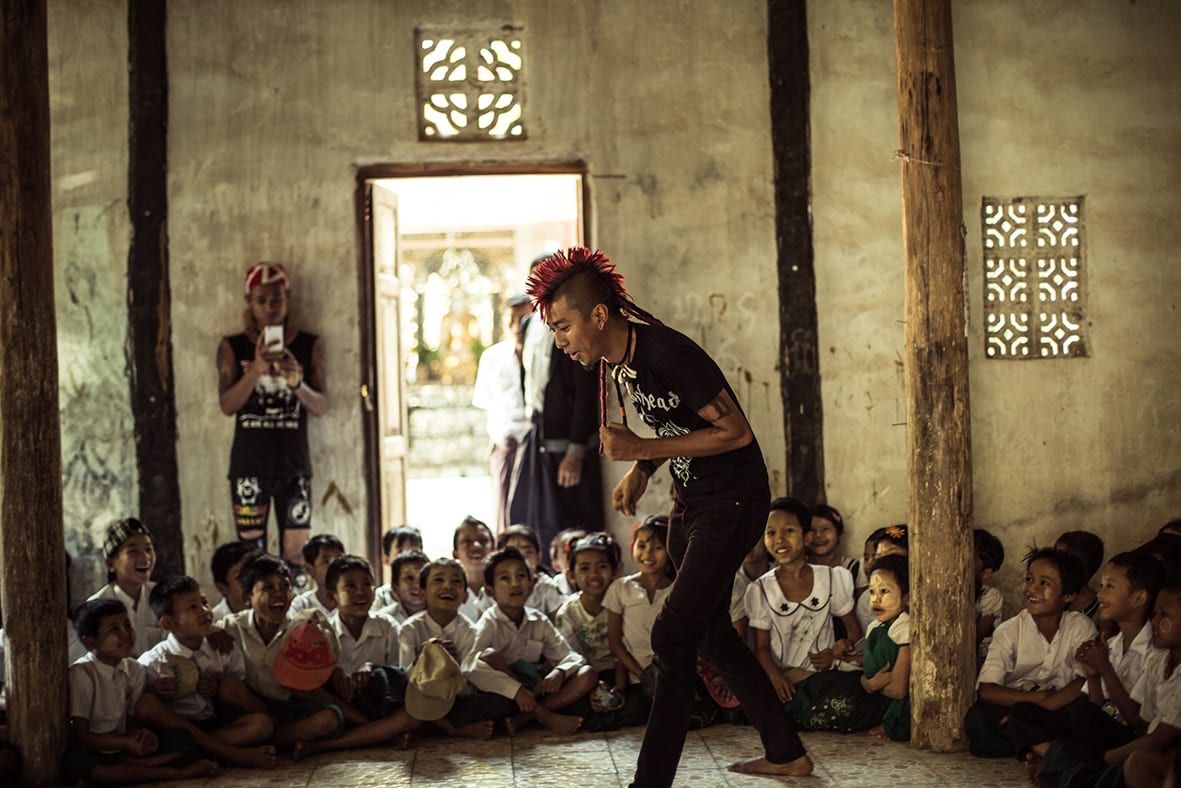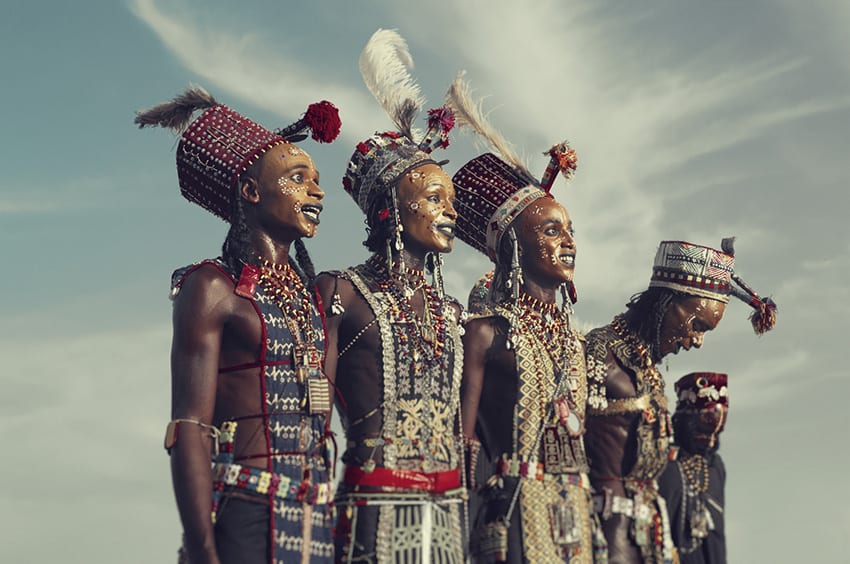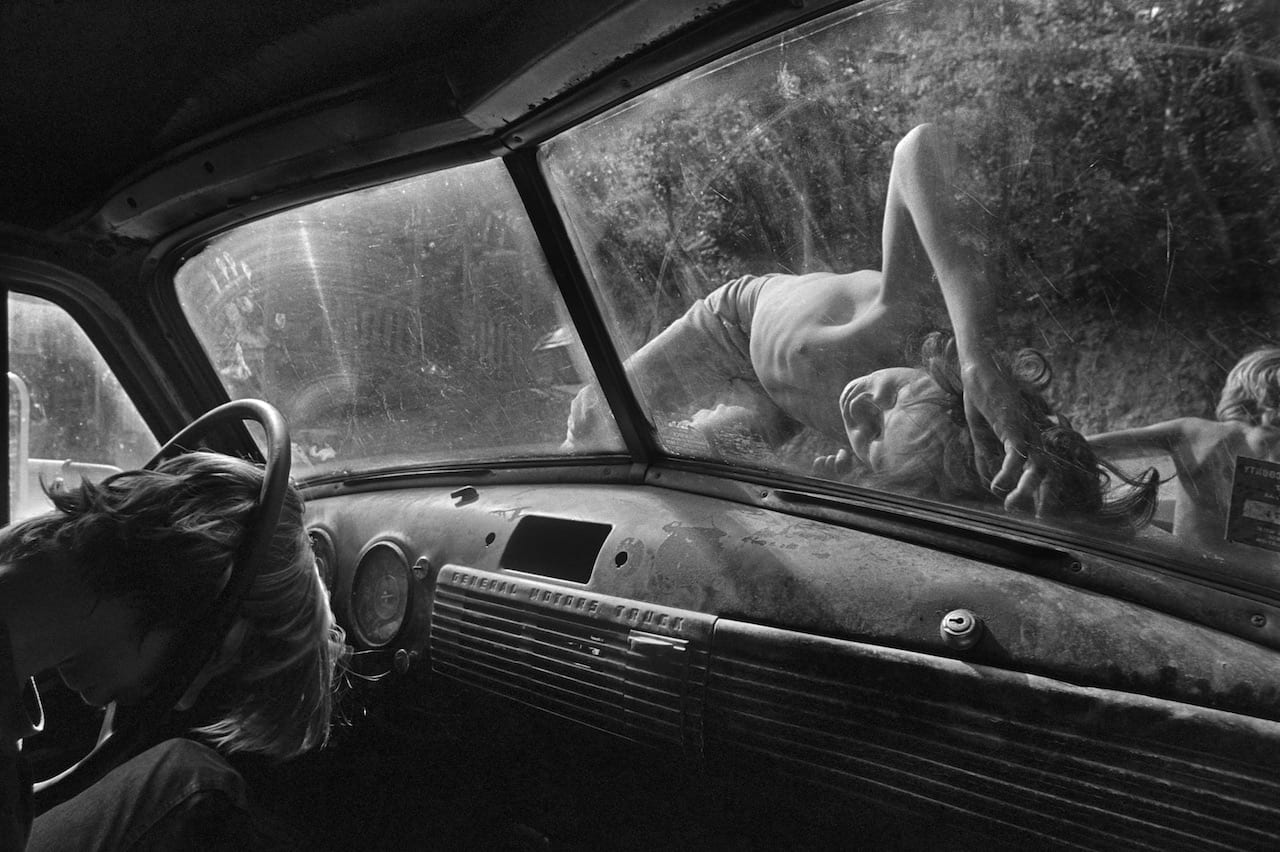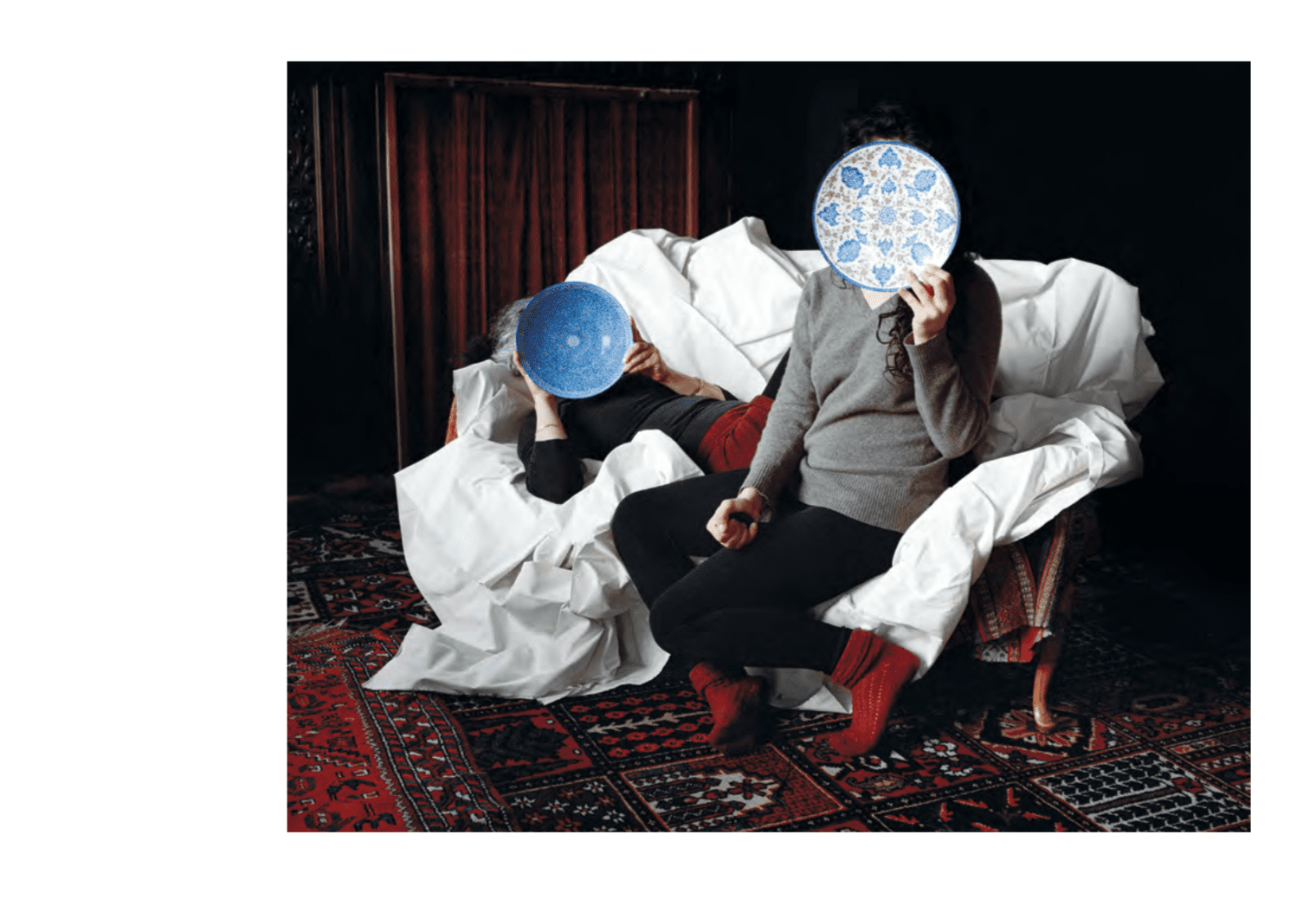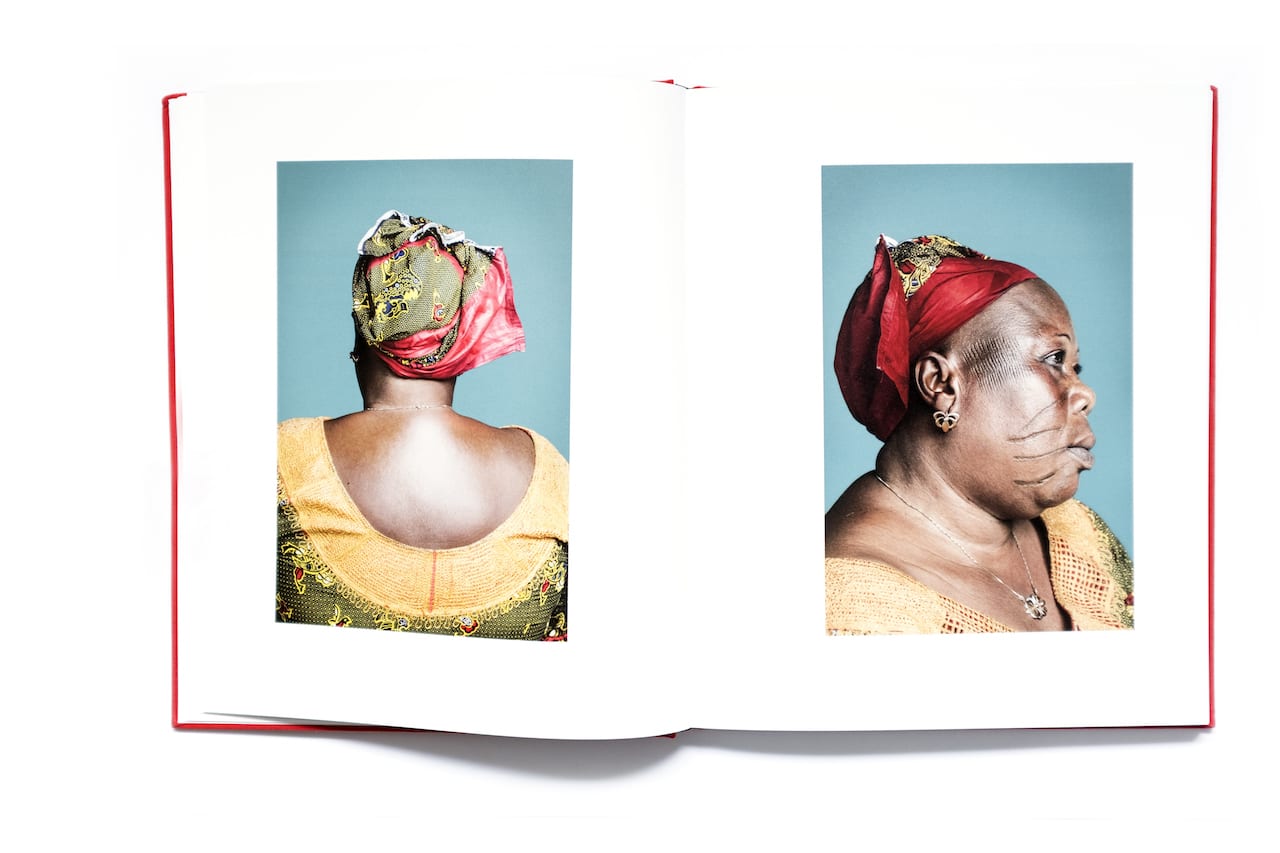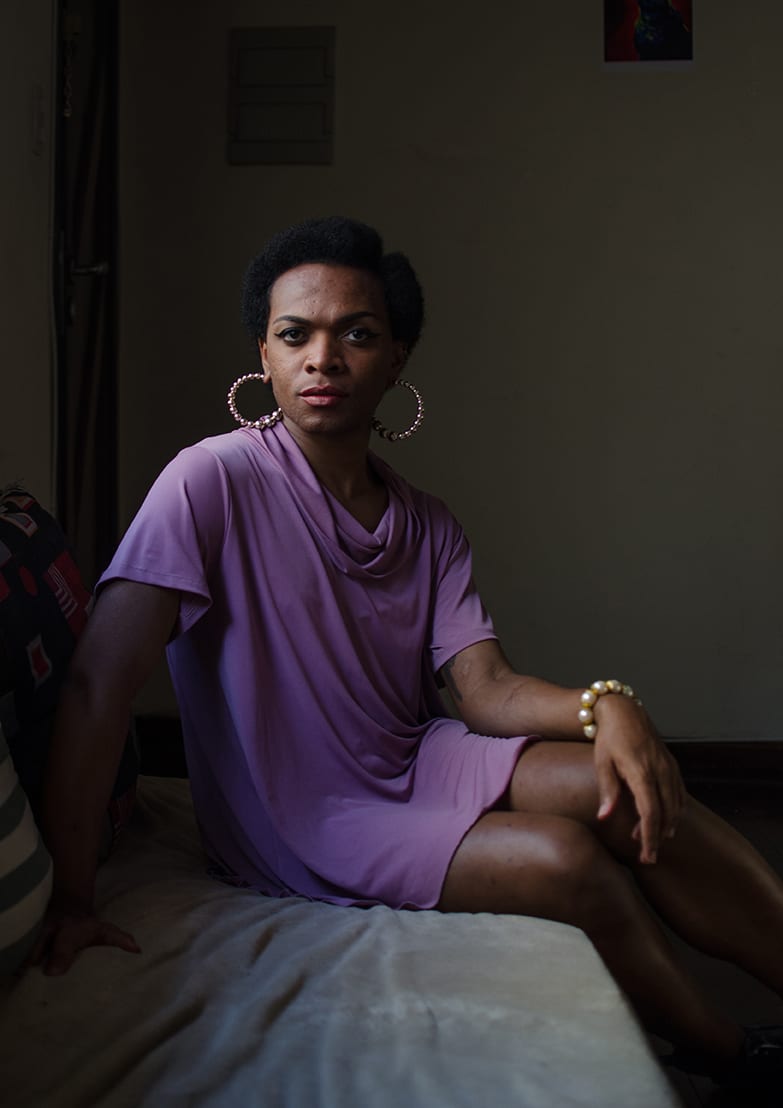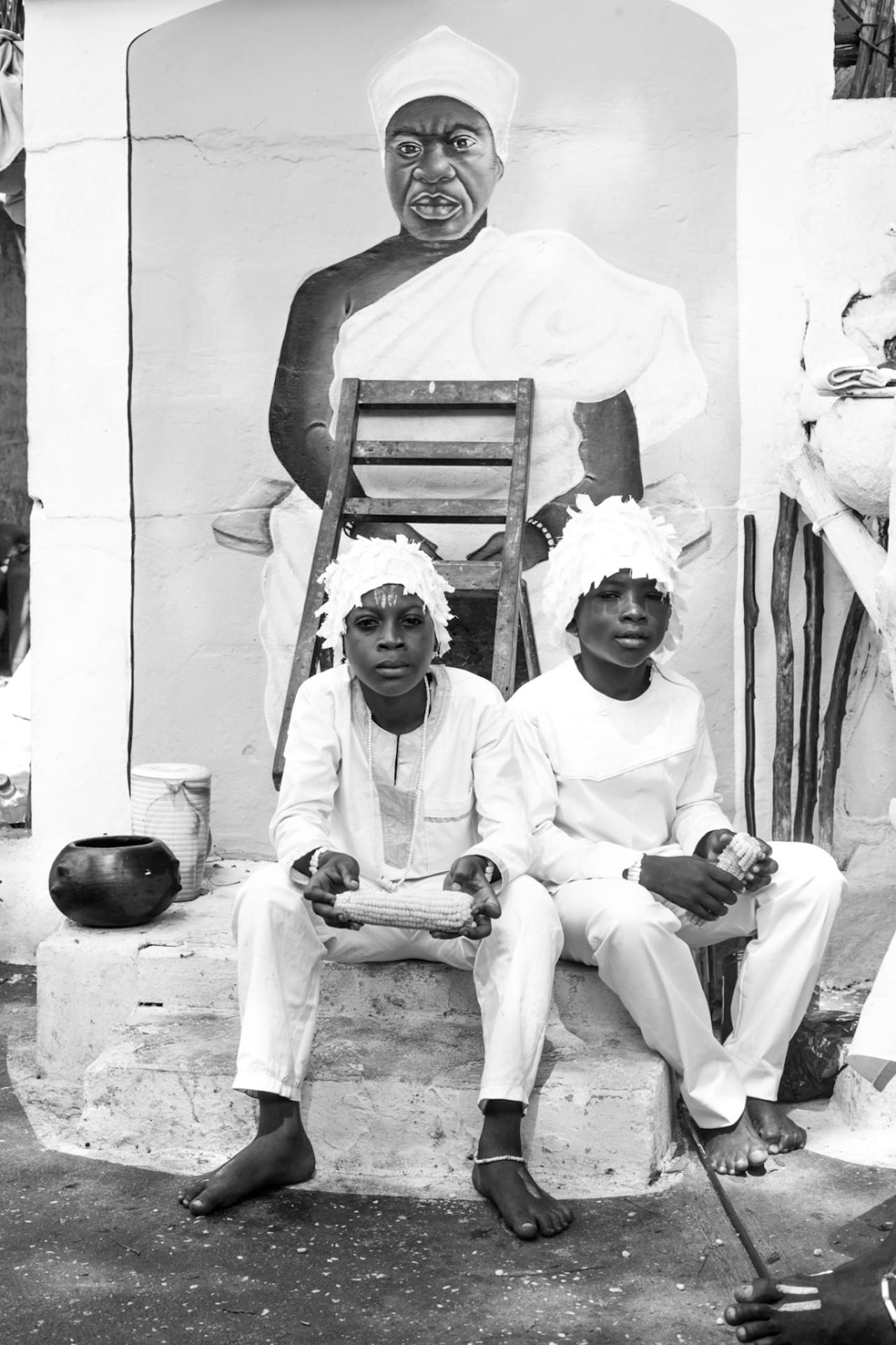At 10pm on 05 August, photographer and social activist Shahidul Alam was arrested at his home in Dhaka. The next day he was charged for violating Section 57 of Bangladesh’s Information and Communication Technology Act (ICT), after giving an interview to Al Jazeera on the current wave of student protests in Bangladesh against unsafe roads, in which he said that these actions stemmed from anger about widespread government corruption. He now faces up to 14 years in prison.
According to Amnesty International, which has taken up the photographer’s plight, Section 57 is a “draconian law” that has been used against well over 1000 people since it was introduced in 2006. “Police do not need arrest warrants or official permission to prosecute,” explains the organisation. “Those accused are mostly denied bail pending their trial and kept locked up for months with no official verdict. Shahidul himself was denied bail on 10 September 2018. Those arrested are often journalists who’ve published articles criticising the government.”

